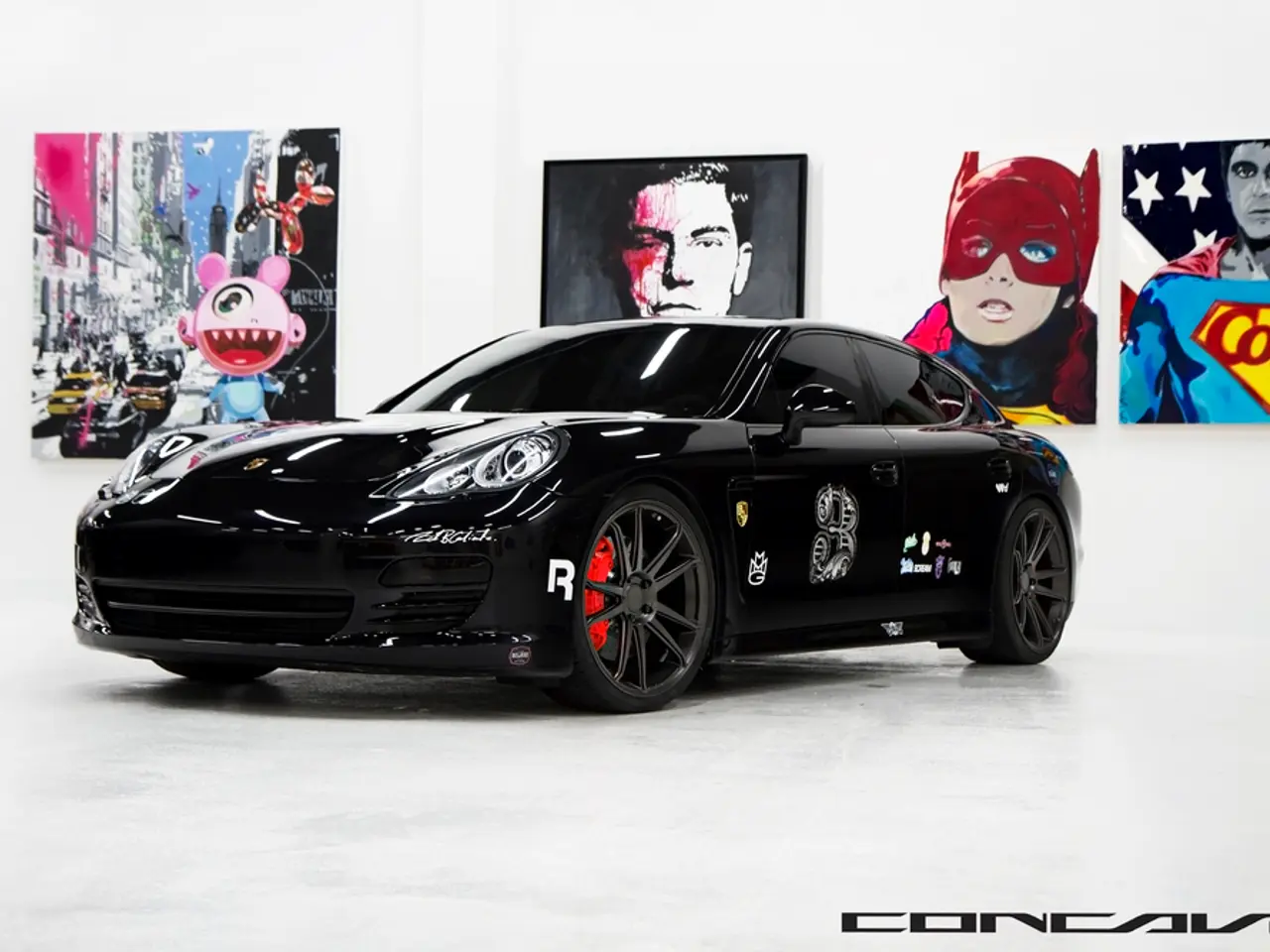Skoda, a VW subsidiary, outshines everyone in Wolfsburg - "Due to Excessive Pride in Wolfsburg"
=====================================================================
In the competitive world of automobile manufacturing, Skoda, a subsidiary of the Volkswagen Group, has carved out a niche for itself as a value-for-money brand. Ferdinand Dudenhoeffer, an esteemed auto industry expert and director of the Center for Automotive Research (CAR), has highlighted several key factors that contribute to Skoda's success compared to its Volkswagen counterparts.
One of the most significant factors is Skoda's brand image and positioning. Over the years, the company has successfully repositioned itself as an affordable and reliable brand. This positioning has helped it appeal to a wide range of customers seeking vehicles that offer good value for money.
Operational efficiency is another key factor that has contributed to Skoda's success. The company has managed to maintain high operational efficiency, which helps in maintaining profitability even at lower price points. This efficiency is partly due to its focus on cost management and effective production processes.
Skoda's innovative product line is another strength. Cars like the Octavia and Kodiaq are highly regarded for their spaciousness, features, and value for money. This aligns well with consumer preferences in various markets.
Skoda also benefits from a lower cost structure compared to some other Volkswagen brands. This is partly due to its manufacturing setup and the fact that it operates mainly in lower-cost regions like the Czech Republic and India.
Lastly, Skoda's market strategy has been instrumental in its success. The company has been successful in targeting key markets, particularly in Europe and Asia. It has a strong presence in these regions, where it offers vehicles that are well-adapted to local consumer needs and preferences.
Dudenhoeffer believes that Skoda's strategic advantages contribute to its ability to compete effectively in the market while maintaining profitability within the broader Volkswagen Group. He suggests that other brands within the Group could learn from Skoda's approach, emphasizing the importance of maintaining competitiveness and reducing union influence for future-proofing.
Skoda's journey is a testament to hard work and strategic decision-making. From achieving "thin profits" in 1996 with a profit margin of 0.3 percent after taxes, to setting a goal of gradually improving the quality of its vehicles year after year and shedding its "Eastern Bloc image" in terms of quality and technology, Skoda has come a long way. The company's engagement in sports like the Tour de France as part of its image change strategy, focusing on sports that are accessible to everyone, further solidified its position as a modern, approachable brand.
In the second quarter of this year, Skoda achieved a record operating result of 739 million euros, the highest in its history. This success is a reflection of the company's commitment to delivering "honest" vehicles to customers, as emphasized by Dudenhoeffer. As Skoda continues to evolve, adding SUVs and electric cars to the Octavia and Fabia range, it remains focused on its core values of affordability, quality, and operational efficiency.
Skoda's focus on finance, including cost management and effective production processes, contributes to its high operational efficiency and profitability. The company's strategic approach in business, particularly in targeting key markets and creating an affordable and reliable brand image, has been crucial to its success.




